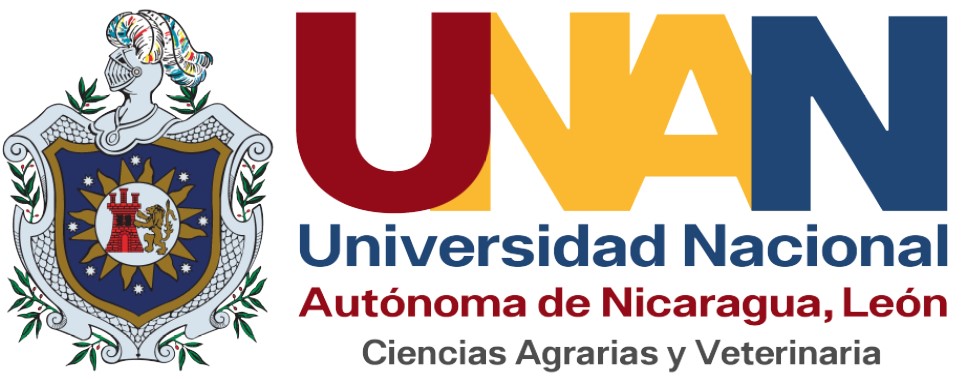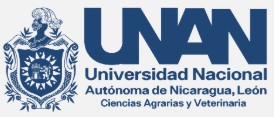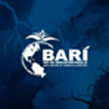
Statement of publication ethics
Adoption of code of ethics
Statement of ethics
Ethical Statement and Bad Publishing Practice
The publication of research, reflection and research notes are subject to peer review (double-blind) as part of the essential model of our journal "Iberoamerican Journal of Bioeconomy and Climate Change". (Rev. iberoam. Bioecon. Climatic change.), our ethical regulation is based on COPE's Code of Conduct Best Practice Guidelines for Journal Editors.
All studies involving human subjects or human data must be reviewed and approved by a responsible Institutional Review Board (IRB). Animal experiments should be reviewed by an appropriate committee for the care and use of animals (i.e., an Institutional Animal Care and Use Committee; IACUC). Studies with pathogens requiring a high degree of biosafety should pass the review of a relevant committee (i.e., an Institutional Biosafety Committee; IBC). The Editorial Board will discuss the suspected cases and reach a decision. We will not hesitate to publish errata, corrigenda, clarifications, retractions, and apologies when needed.
Ethics and Consent
Ethics policy
All studies involving human, animal, or plant subjects must be reviewed and approved by a responsible Institutional Review Board (IRB). Animal experiments should be reviewed by an appropriate animal care and use committee (ie, an Institutional Animal Care and Use Committee; IACUC). Studies involving pathogens that require a high degree of biosafety must pass the review of an appropriate committee (ie, an Institutional Biosafety Committee; IBC). The Editorial Board will discuss the suspected cases and make a decision. If necessary, add a section titled "Consent" and indicate this in the methodology section. We will not hesitate to post errata, corrections, clarifications, retractions, and apologies when necessary.
Consent policies
In the case of manuscripts containing patient/participant data or information (personal genomics articles, case reports, clinical studies, questionnaires, observations, etc.), authors must obtain written consent from all concerned ( or legal guardians of minors or direct relatives). You must ensure that you have obtained the informed consent of the participant. Please be prepared to provide copies of these consent forms upon request of the Rev. iberoam journal's section editor team. bioecon. climate change. If necessary, add a section titled "Consent" and indicate it in the methodology section.
Editors' responsibilities
The editor-in-chief, section editor and academic editors of (Rev. iberoam. Bioecon. Climate change.) are responsible for deciding which of the articles sent to the journal will be finally published. The editor and academic editors may be guided by the policies of the Editorial Board and Scientific Council of the journal and limited by current legal requirements, such as those related to defamation, copyright infringement, and plagiarism. The editor-in-chief may consult with other editors or reviewers in making this decision. An academic editor should always evaluate manuscripts for their intellectual content regardless of race, gender, sexual orientation, religious beliefs, ethnicity, national origin, or the authors' political philosophy. The editor-in-chief and all editorial staff should not disclose information about a manuscript submitted to anyone other than the appropriate author, reviewers, potential reviewers, other editorial advisers, and the section editor, if applicable.
Disclosure and conflict of interest: Unpublished materials contained in a submitted manuscript should not be used by any member of the editorial team for their own research without the express written consent of the author. The authors agree to include in the conflict of interest section of the manuscript any financial or other interest related to the work.
Reviewer responsibilities
Reviewers for (Rev. iberoam. Bioecon. Climate change) help academic editors make the decision to publish a submitted manuscript. Reviewers are required to treat the manuscript received for reviewing confidentially and should not use the information obtained through peer review as a personal advantage. Reviewers should not consider giving up the review of manuscripts in which they have a conflict of interest with any of the authors, companies or institutions related to the document. Reviews must be carried out objectively. Personal criticism of the author or authors is inappropriate. The referees must express their points of view clearly, with supporting arguments. Reviewers, if applicable, should identify relevant published papers on the topic that have not been cited by the authors. Any statement that an observation, derivation, or argument had been previously used in other works must be accompanied by the corresponding mention. Any reviewer or reader can and should draw the editor's attention to any substantial similarity or overlap between the manuscript in question and any other published document of which they are aware.
Authors' responsibilities
All persons listed as authors must meet certain requirements to receive such a name. Each author must have participated to a sufficient degree to assume public responsibility for the content of the work. One or more authors must be responsible or take charge of the entire work, from the start of the work until the article has been published. In order to grant someone the author's credit, it is necessary to rely solely on their essential contribution in relation to: 1) the conception and design of the study, or collection of the data, or the analysis and interpretation of the same; 2) the writing of the article or the critical revision of a substantial part of its intellectual content; and 3) final approval of the version to be published. Requirements 1, 2, and 3 will have to be fulfilled simultaneously. Participation exclusively in obtaining funds or in data collection or general supervision of the research group does not justify authorship. The directors of the journals may request the authors to describe the participation of each one of them and this information may be published. The rest of the people who contribute to the work and who are not the authors should be mentioned in the acknowledgments section. Increasingly, multicenter trials are being carried out that are attributed to a corporate author. In these cases, all the members of the group who appear as authors must fully satisfy the authorship criteria mentioned above. Group members who do not meet these criteria should be mentioned, with their permission, in the acknowledgments section. The order of the authors will depend on the decision taken jointly by the co-authors. In any case, the authors must be able to explain it. Authors should ensure that they have written original works. When authors use materials that are not their own, the sources must be duly cited. Any attempt at plagiarism will be followed by rejection of the submitted manuscript or, if it has not been previously detected, exclusion from publication and replacement of the reference by “Retired due to plagiarism”. Authors should not present the same work or describe basically the same research in more than one journal. Submission of the same manuscript to more than one journal constitutes unethical behavior for publication unless otherwise specified.
Obviously racist or sexist content, or any other that violates the fundamental rights of people, will not be accepted.
Errors in Published Works: When an author discovers a significant error or inaccuracy in his / her own published work, it is the author's obligation to promptly notify the editor of the journal or publisher and cooperate with the publisher to retract or correct the document.






 EDITORIAL
EDITORIAL e-ISSN
e-ISSN


 COPYRIGHT
COPYRIGHT This work is licensed under a Licencia Internacional
This work is licensed under a Licencia Internacional 












